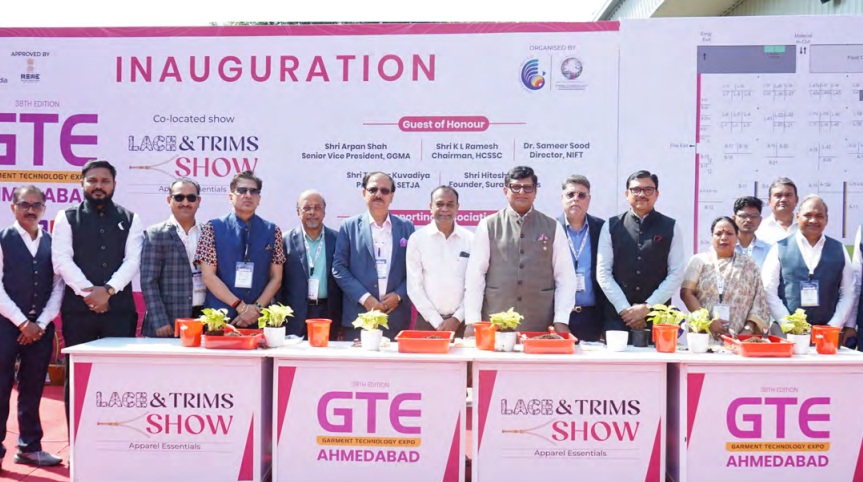
It is surprising to know that the govt still thinks polyester is a fibre for high class and cotton is for poor class, that is the reason growth is restricted. Soon a day will come when govt will have to think independently, if it wants to grow at bigger pace like Bangladesh/Vietnam etc, says R K Vij, Advisor, Indorama Synthetics
The manmade textile industry wants the government to lower the levy for manmade fibre (MMF) products. MMF fabric and yarn, dying and printing units as well as embroidery items would attract 18% GST. This would result in an increase in input costs and adversely affect the entire textile value chain, industry officials said.

"Keeping the GST at this rate (for MMF products) will undoubtedly cripple hundreds of small and medium synthetic textile manufacturers," said J Thulasidharan, chairman, Confederation of Indian Textile Industry (CITI). "The 18% GST rate levied on manmade fibre and synthetic yarn would have inverted duty structure problem as the fabric would attract only 5% GST rate," said M Senthilkumar, chairman, Southern India Mills' Association. "Garment units may find it difficult to offset input tax credit (for synthetic fibre and fabric)," said Raja M Shanmugham, president, Tirupur Exporters' Association (TEA). The government should reconsider the rates on MMF products and bring it to 12%, Thulasidharan said. "India is already suffering a huge competitive disadvantage in the global textile market as the MMF-based textile products are attracting higher rates of import duty," he pointed out.
India is facing stiff competition from textile producing countries such as Bangladesh, Vietnam and China, he said. "Keeping the tax rates high will not only escalate textile inflation but will lead to cheap imports from these countries," the CITI chairman said. "The textile sector is suffering from various disadvantages like high energy costs and infrastructure bottlenecks. Keeping the rates of key inputs at a higher level will further affect the competitiveness of the sector," he said.
Industry officials also urged the government to exempt textile jobs from service tax as it would benefit the predominantly decentralised micro, small and medium enterprises, especially in the powerloom, knitting, processing and garmenting sectors.
About 80% of garment units in Tirupur do their business on a job working basis and the 18% service tax on textile jobs would hit them hard, Raja Shanmugham said. The GST rates for all natural fibres including cotton, cotton yarn, fabrics and readymade garments valued below Rs 1,000 has been fixed at 5%, which has been in line with the expectations of the textile industry.
R K Vij, Advisor, Indorama Synthetics adds some more pertinent points, raising issues related to accumulated Cenvat and other, “Manmade fibre sector is not placed well. Since last so many years, the whole textile industry has been demanding fibre neutrality, if we have to grow in line with world pace. Textile cloth producers small or big will accumulate Cenvat credit. It is surprising to know that the govt still thinks polyester is a fibre for high class and cotton is for poor class, that is the reason growth is restricted. Soon a day will come when govt will have to think independently, if wants to grow at bigger pace like Bangladesh/Vietnam etc.
He further adds, “Man made Textiles cloth and garments will become costly because no producer will adjust the accumulated CENVAT credit while selling their goods. Import of manmade fabric will increase because garments producer will get cheaper imported fabric. Blended yarn producers may sell their blended yarns misrepresenting them as cotton yarn. Only efficient producer and composite mill will be able to compete in the markets. Spinners will have to add value, adding fabric manufacturing in their units to utilise the accumulated Cenvat. Govt should consider these facts and rethink their secessions of GST percentage of 12% if not the 5% on Manmade fibres and yarn including on raw material PTA and MEG.
In his opinion, 18 per cent tax on job work will require a lot of compliance. Also fabrics import price now with removal of cvd n sad but GST input credit to importer need to be looked into. Man made fabrics may have some impact as recycled polyester is same duty as 18 per cent, as earlier it was 2 percent only.












